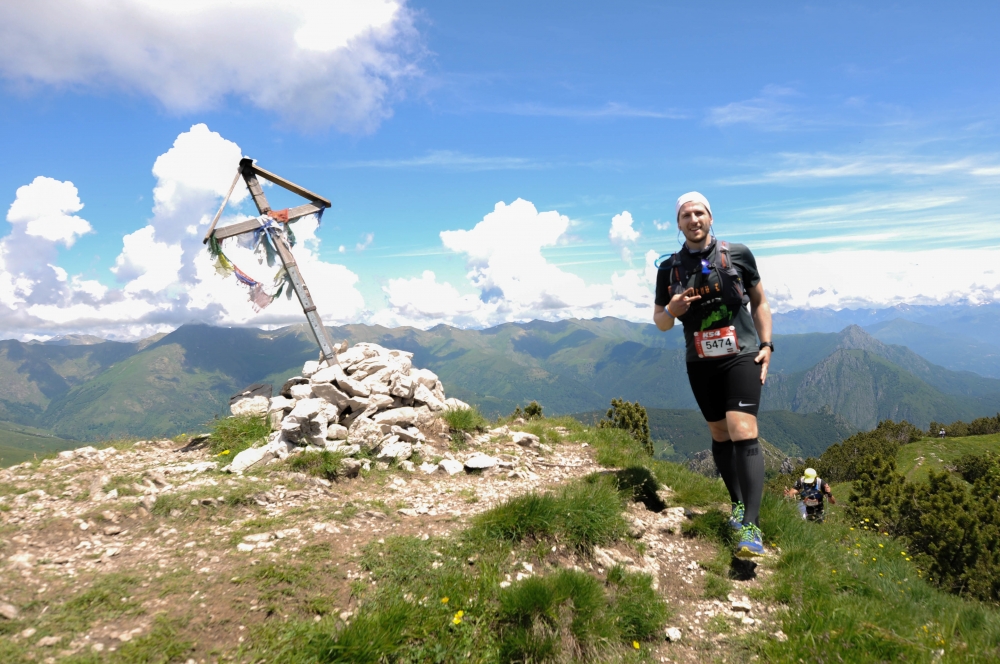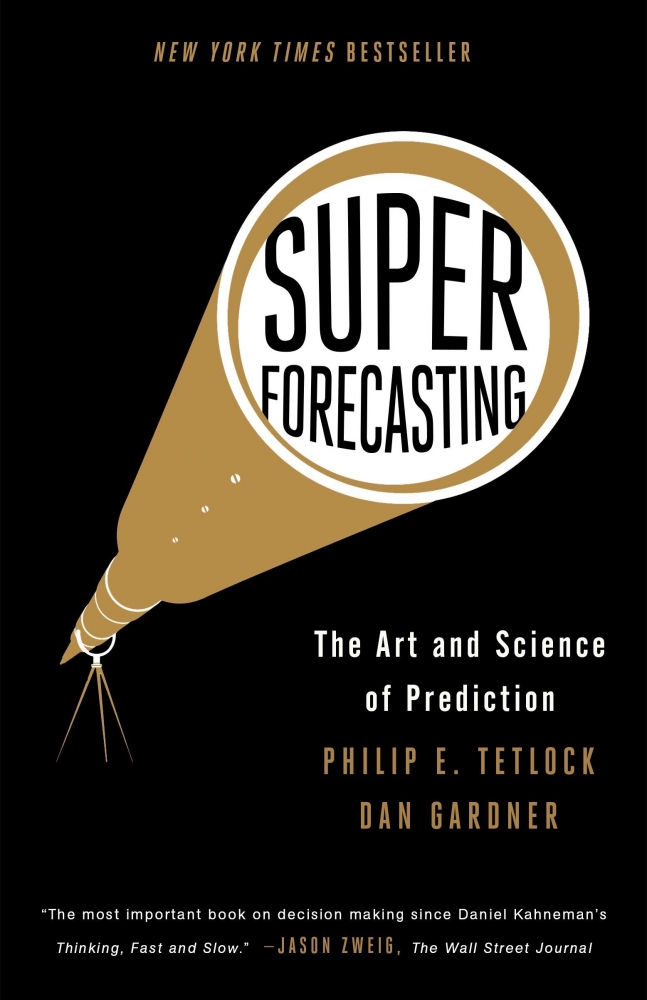
13. Jan
5 questions for Edgars Lapiņš
1. What are you?
A strategist, sceptic and runner.
From innovative business models for ambitious start-ups, to operational efficiency for large organisations and change management; I have always been interested in strategy issues. I am very happy, that in the last 5 years I've had the opportunity to work with several successful Baltic start-ups, as well as with a number of the world's Top 100 brand strategies.
About scepticism and critical thinking and running – see below.
2. A book that you would recommend others to read – why?
Superforecasting: The Art and Science of Prediction.
Imagine Daniel Kahneman’s Thinking, Fast and Slow, only much easier to read, more captivating and with many examples from today's world and the business environment. In my opinion, this is the best business literature book and is based on practical examples. Many fundamental mistakes made by individuals and organisations in decision making are analysed within it. The book was written by business management professor Philip Tetlock from prestigious Pennsylvania University. For many years now, using practical experiments, he has been investigating how to promote the right judgements about the future in circumstances of incomplete information. In other words, to think critically about the future.
3. TEDx talk, which one do you recommend watching – why?
How to sound smart in your TED talk, or the master class and presentation skills with masterful humour. It illustrates wonderfully how trivial things can be presented in a way that you sound really smart. People get sucked into this; especially if they have not had training in conscious critical thinking and argumentation.
4. What inspires you and gives you energy?
Running. Long runs are like meditation, and running is a washing machine for the mind. It develops both physical and mental endurance. I have been running regularly for about 10 years and have been participating in ultra-marathons for 6-7 years. The planning skills and the perseverance to plan and execute training which is necessary to endure and enjoy competition, for example, a 15 hour run without stopping, transfers well to endurance and performance in other areas of life. I can also say that running has saved my life. My friends know this story. Last of all, the community of ultra-runners are the most sincere and brightest people in the world, especially here in Latvia.
5. Why are you interested in critical thinking?
I want to live in a Latvia, where decisions are made based on powerful, well-based arguments, not whatever goes, superstition, magical thinking and other ungrounded views. I want my children to live in a country where people do not die from cancer due to trusting alternative medicine; for the state not to financially support superstition or magicians; for policy to follow evidence, not the other way around; for people in Latvia not to pay money to charlatans who knowingly or unknowingly lie to people; the leaders of organisations to make decisions based on data, not feelings. There isn't another way of thinking which assists in a better way on these sorts of questions than scientific scepticism. A bit over 10 years ago, I was lucky and met a great person and like-minded fellow, and now a friend, in a group with whom we began the scientific scepticism movement together in Latvia. Since that time, we've been able to popularize science and critical thinking to tens of thousands of people, to encourage a more accurate portrayal of science in the Latvian media, as well as to learn a lot from high-powered academics and other sceptics.
Read more about Edgars Lapiņš’ professional experience HERE


